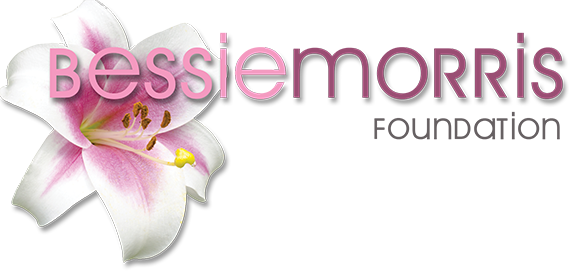
Student Financial Aid Resources
If you are planning to go to college or vocational school, but are unable to cover the costs of tuition, housing, books, and other expenses, these resources can help you to find ways to fund your education. The information below will give you some useful tips on acquiring financial aid. You should also visit our scholarships page for a list of organizations that offer scholarship programs.
Type of Funding
There are four main types of financial aid:
- loans - low-interest, federally subsidized funds that must be repaid
- scholarships - both merit-based (academic, talent, trait, or interest) and financial need-based are available
- grants - merit-based financial gifts that do not have to be repaid
- work-study - federally funded part-time jobs that assist with college expenses
Initial Steps
Make two very important calls before you apply for any federal financial aid.
- First, call the Federal Student Financial Aid Information Center (800-4FED-AID) to make certain that the institution you wish to attend is eligible to participate in federal student-aid programs, and
- second, call the college’s financial aid office directly to ask which federal forms it prefers.
January 1st: Complete these forms
On January 1, obtain and complete the Free Application for Federal Student Aid (FAFSA), provided by the government, and the College Scholarship Service-Financial Aid (CSS) Profile.
Where to Find College Funding
Finding funds for college isn’t as difficult as it sounds, if you know where to look. But be careful. Make sure the scholarship information and offers you receive are legitimate. Remember that you do not have to pay to find scholarships or other financial aid. If someone “guarantees” money for college “in exchange for a small fee,” it is likely a scam and you should report it to the National Fraud Information Center. Here is information on how to avoid student aid scams.
Try these free sources of information about scholarships:
- the financial aid office at a college or career school you plan to attend
- a high school or TRIO counselor
- the U.S. Department of Labor’s FREE scholarship search tool
- federal agencies
- California state grant agency
- your library’s reference section
- foundations, religious or community organizations, local businesses, or civic groups
- organizations (including professional associations) related to your field of interest
- ethnicity-based organizations
- your employer or your parents’ employers
- Volunteer. The AmeriCorps’ NCCC (National Civilian Community Corps) allows you to travel the U.S. full-time, while making a difference in people’s lives by building affordable housing to provide disaster relief. Upon completion of the 10-month program, you’ll get nearly $5,000 to help pay for school. Visit americorps.org for details. IVORY, can't reach a legitimate website for this.
- Network in your neighborhood. Friends, neighbors, community activist, sororities and fraternities, and local businesspeople often award scholarships to community students who need funding for college.
Don’t be discouraged about not having a perfect 4.0 GPA. Believe it or not, there are scholarships that you are eligible for. Rework your strategy by taking a self-inventory of everything that you’ve got going for yourself outside of the classroom e.g., community service, church affiliation, hobbies, sports, talents, interests, etc., and apply for scholarships that reward those qualities.
Many scholarships are geared toward particular groups of people; for instance, there are scholarships for women or graduate students. And some are available because of where you or your parent work, or because you come from a certain background (for instance, there are scholarships for military families). Some are niche-targeted. For example, did you know the National Minority Junior Golf Scholarship Association grants annual awards to golfers, and the NCAA are nurturing more female coaches? There are scholarship for first-generation college students. If you have a special interest, background, or special needs, research what financial aid is available.
You should complete the application in full, follow directions comprehensively, and have your application proofread before mailing it.
You may soon discover that researching and applying for a scholarship is a full-time job, but with hard work and determination — and perhaps a kiss from Lady Luck — you can finance your college education and get one step closer to achieving your professional goals.
Bessie Morris Foundation Academic Scholarship Program
The Bessie Morris Foundation Academic Scholarship Program was launched March 2022 to assist bright, young scholars in reaching their dreams to attain higher education.
Seed Scholarships: Even for those who have been awarded financial aid, the funds typically are not distributed until after the school session has begun. This can make it it difficult for some to purchase school supplies and dorm furnishings for campus life preparation.
"We are honored to partner with NOBLE Southern California Chapter to identify Reddick scholarship recipients who are both worthy and have financial need for assistance while pursuing higher education. Thank you so much for this opportunity and for your continuous commitment to the community," said Ivory Freeman, when bestowed the Community Award by NOBLE.
The Foundation intends to identify more scholarship sources to reach more deserving students in the future.

(323) 494-4005